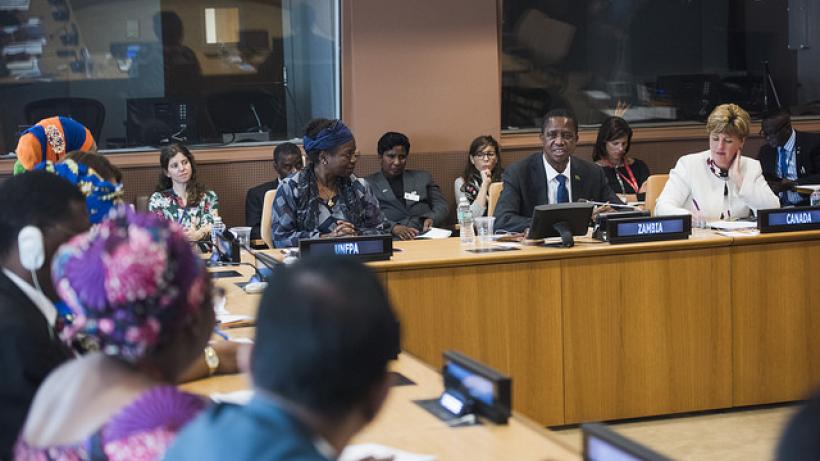
IGC Quick Clicks: The unintended consequences of policies
Have you ever made a decision and felt it was rational and well thought through only to later realise it resulted in something you had never imagined? Now, think about how this would apply to national policies. The possible indirect impacts are innumerable and sometimes unforeseeable. This post looks at the unintended consequences public policies and interventions have had in developing countries.
Every day we are faced with hundreds of decisions of all shapes and sizes. Usually, we think of the probable direct impacts to help make up our minds. For example, if I have a five-course meal for lunch, I will be very happy but probably not productive for the rest of the day. The more important the decision, the longer we (well, some of us) think about its implications, factoring in indirect impacts. But we can never factor in every single effect a decision will have because there could be innumerable knock-on impacts. At a macro level, the same applies when governments implement large-scale policies. This month, our IGC quick clicks focus on this very topic; the unintended consequences of public policies.
Let’s start with a fascinating paper by Natalie Bau, Can Policy Crowd Out Culture? She studies pension policies in Ghana and Indonesia – a fairly uncontentious type of government policy. She finds that the pension programmes make the cultural practice of children supporting their parents in old age less important. Traditionally, as parents saw their children as safety nets, they would invest in their kids’ education and indirectly in their own future. However, to quote Markus Goldstein’s succinct blog on this paper: ‘not only does the pension programme take away income in the working years (making it more expensive to invest more in that kid who is supposed to live with you later) but the income coming back in retirement means you don’t need them anymore.’
Another study by Ceren Baysan looks at the unintended impacts of a political campaign in Turkey. This is particularly relevant in today’s times of fake and biased news. She finds the door-to-door information campaign, run by the opposition party during the landmark 2017 referendum on institutional changes to weaken constraints on the executive branch, increased voter polarisation and had a net zero effect on the results. Another electoral study that shows inadvertent impacts is this IPA project on bottom-up accountability in Peru.
Further, Rohini Pande wrote an IGC blog on an issue very close to my heart – women’s safety. After the horrific 2012 Delhi gang rape, she writes, numerous policies were proposed to improve the safety of women. However, many of these policies designed to protect women have actually made them less safe! On the issue of women’s rights, another IGC blog shows that well-intentioned activism against bride-price in Zambia might have some negative consequences.
So should we halt all research and just flip a coin the next time we need to make a big decision? Of course not! First of all, we wouldn’t be able to rigorously identify the unintended consequences if it weren’t for research. We are all – academics, policymakers, and practitioners alike – still learning, and research that focuses on indirect and general equilibrium impacts help paint a holistic picture. Second, making decisions in the absence of evidence can be disastrous. To illustrate this, I leave you with two mini-podcasts. One by Rodger Voorhies, Executive Director of the Bill & Melinda Gates Foundation, on his encounter with implementing microfinance policies based on a narrative rather than data. And the other by Arif Husain, Chief Economist at the World Food Programme, on the use of data when responding to crises.

